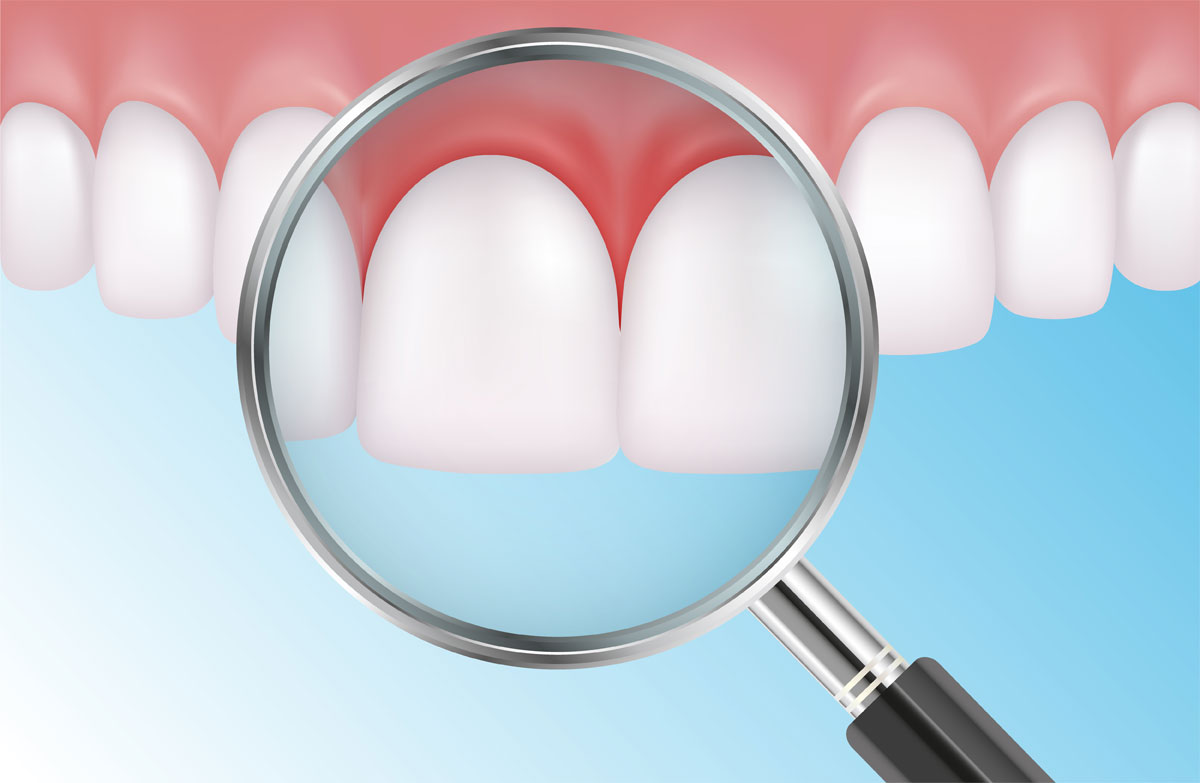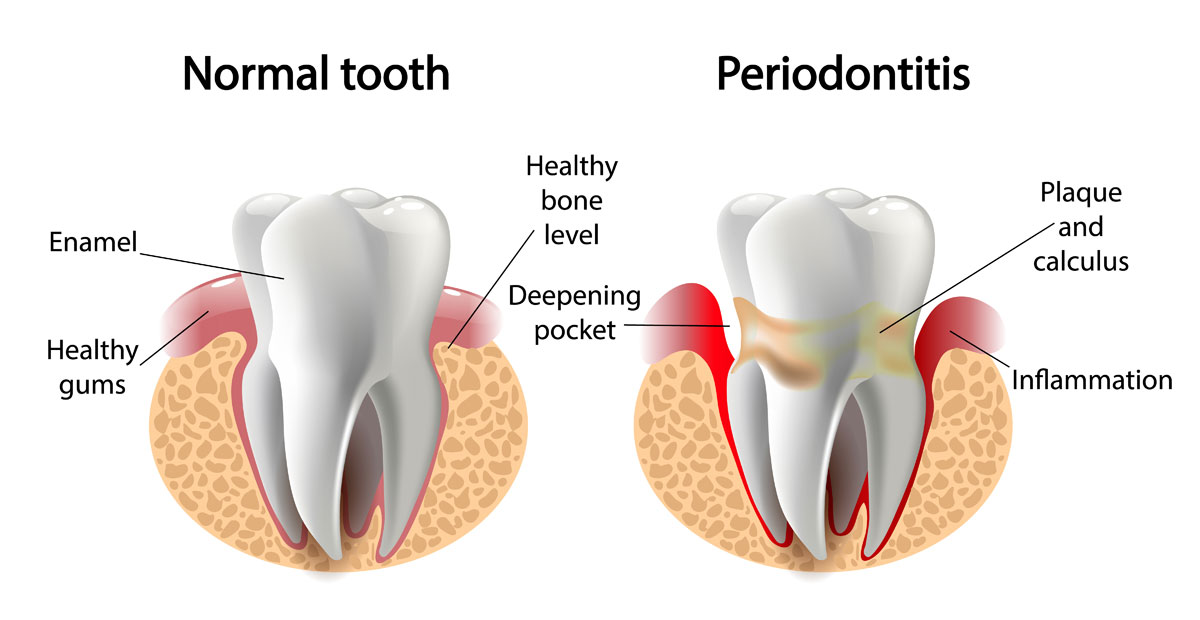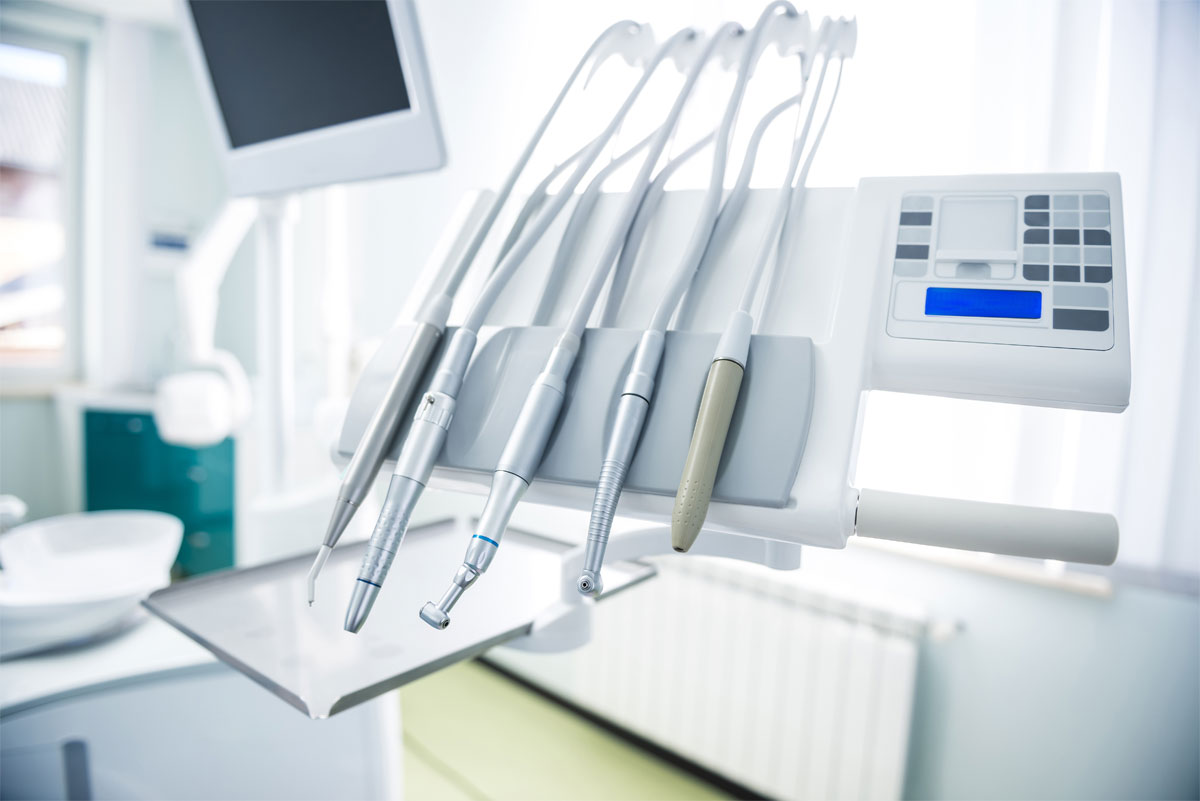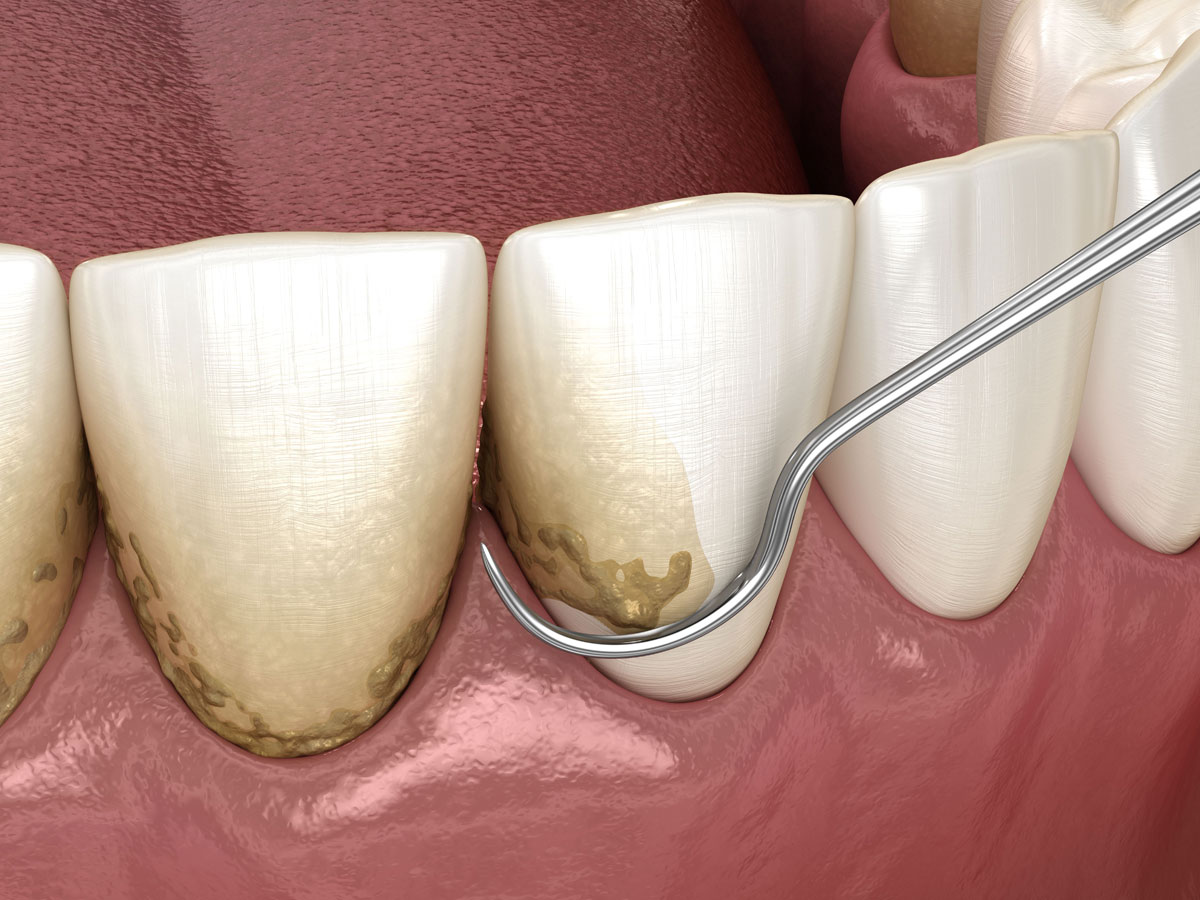
Gum Disease Treatment
During every regular wellness appointment at Kenmore Smiles Family Dentistry, Dr. Mott evaluates the patient’s gum health. Since it can be painless and basically invisible to an untrained eye in its early stages, gum disease is more prevalent than most people realize. According to the CDC, nearly half of adults over 30 and more than 70% of adults over 65 suffer from periodontal disease.
What Is Gum Disease?
Gum disease, also called periodontal disease, is a bacterial infection of the gums and other tissues surrounding and supporting the teeth.

What Causes Gum Disease?
Periodontal disease develops when plaque and tartar are allowed to build up along the gum line. This buildup creates an uneven tooth surface where bacteria more easily cling to the teeth. It also creates pockets between the teeth and gums where harmful bacteria thrive.
For many, regular brushing, flossing, and dental visits are enough to keep oral bacteria in check. Some people, however, are at a higher risk of developing periodontal disease than others. Risk factors include:
- Types and amounts of periodontal pathogens (types of bacteria that cause - periodontal disease) in a person’s mouth
- Systemic diseases, such as heart disease and diabetes
- Alcohol and tobacco use
- Pregnancy
- Certain medications
- Genetic predisposition
Signs and Symptoms of Gum Disease

In its early stages, gum disease doesn’t have many outwardly obvious signs and symptoms. Dr. Mott or a dental hygienist can detect periodontal disease by measuring the depth of the pockets between the gums and the teeth, detecting tarter build-up with an explorer, and utilizing dental x-rays to see like tartar build-up and bone loss. More advanced stages can result in the following:
- Red, tender, swollen, and/or bleeding gums
- Persistent bad breath
- Receding gums
- Mouth sores
- Loose teeth
- Changes in bite
Left untreated, periodontal disease can lead to tooth loss, degeneration of the jaw bone, and even an increased incidence of heart attack and stroke.

How Is Gum Disease Treated?
Periodontal disease treatment depends on the patient and how advanced their case is. After performing a thorough examination and reviewing dental x-rays, Dr. Mott will discuss your oral health with you and provide you with a variety of treatment options, such as scaling, root planing, and pocket reduction.
Leading Gum Disease Treatment in Kenmore with Periodontal Pathogen Testing
At Kenmore Smiles Family Dentistry, Dr. Mott proudly provides patients with comprehensive gum disease treatment by offering cutting-edge treatment planning and scientifically driven diagnosis. Every patient is different, and a one-size-fits-all treatment approach is neither an accurate, nor an effective way to treat gum disease. We offer periodontal pathogen testing to scientifically diagnose a patient’s specific type of bacteria, which informs the treatment decisions we make.

What Is Periodontal Pathogen Testing?
Periodontal pathogen testing is a type of bacteria analysis performed through a reference laboratory. The test allows Dr. Mott to analyze a patient’s individual periodontal disease risk in addition to any potential connection between the patient’s oral health and systemic conditions, such as heart disease.
To learn more about periodontal disease and our advanced diagnosis and treatment capabilities, we welcome you to schedule a consultation with Dr. Mott at Kenmore Smiles Family Dentistry today.









